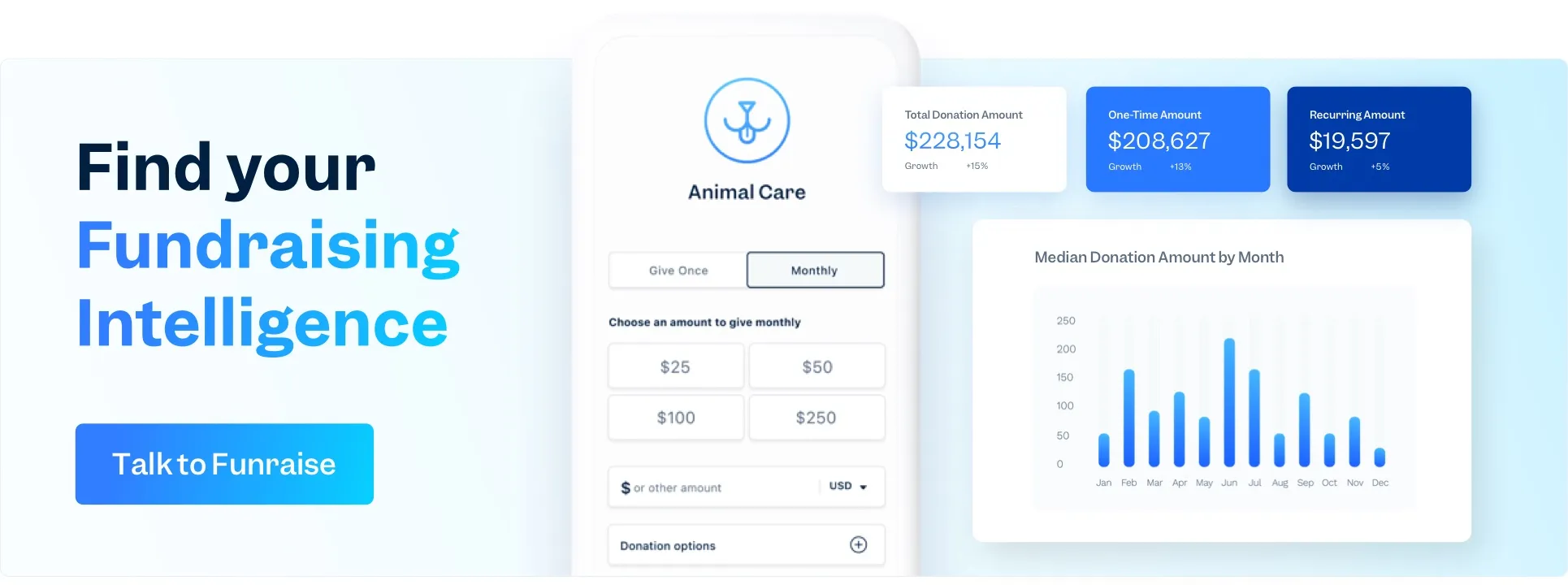By now, much of the COVID-19 pandemic seems like a fever dream (except when you actually get COVID, and then you’re like, “Oh, right! THIS is what an actual fever dream feels like!”). Still, things have improved immeasurably; we’re dining indoors, flying on airplanes, and hugging everyone (who wants to be hugged). But some remnants remain, and one of those could be huge for your nonprofit. Today, nonprofits that retained employees during the pandemic can still qualify for the Employee Retention Credit (ERC). In other words, you could be getting an influx of funding—but time is running out.
And now, a quick disclaimer: We are not tax professionals, and everything here is purely informational. You should always consult with an expert on any tax or legal decisions. Whew, glad that’s out there!
What’s the ERC?
The Employee Retention Credit (ERC), which is also called the Employee Retention Tax Credit (ERTC), is a refundable tax credit for businesses as well as tax-exempt organizations—just like you!
Oh, you have a couple of follow-up questions?
When did the ERC begin?
The program began in March 2020 to reward struggling organizations for keeping employees on their payroll.
What’s the rate for the ERC?
The credit rate depends on whether you’re filing for 2020 or 2021.
What if my nonprofit got a PPP loan?
Thanks to the Consolidated Appropriations Act, you’re fine. Nonprofits that received a PPP loan are still eligible for the ERC.
Why should nonprofits care?
There are a couple of ways to qualify for the ERC. First, an organization can show that they experienced a substantial decline in revenue in 2020 and/or 2021. Since nonprofit organizations saw record giving in 2020, a lot of nonprofiteers assumed they weren’t eligible for the credit. But guess what? That’s not necessarily the case! There's another way to qualify for the ERC, and that’s if you “were shut down by a government order due to the COVID-19 pandemic during 2020 or the first three calendar quarters of 2021.” (Thanks, IRS!) That has nothing to do with revenue; it’s about organizational health and seeing the bigger picture.
Do any of the following situations sound familiar for your organization? In 2020 and 2021:
- Some programs flourished while others struggled due to government mandates and shutdowns.
- You needed to suspend certain programs because employees were required to work from home.
- You had to cancel certain events due to social distancing and mandates.
- You got a lot of donations but experienced a significant increase in need for your services due to the COVID-19 pandemic.
- Social distancing mandates interrupted regular operations and made it difficult to fulfill your mission (nudge, nudge, churches and other houses of worship that could no longer have large gatherings).
- You had to suspend operations entirely.
If so, you might want to go back and see if you’re still eligible for the ERC.
Wait, why are we talking about this now?
While the ERC ended once the Infrastructure Investment and Jobs Act was passed in November 2021, organizations can still file an amendment to claim the ERC retroactively for up to three years from the date of your original tax filing or two years from the date when you paid the taxes (whichever is later). If, like many nonprofits, you thought you didn’t qualify for the program but you do, you can still claim that credit—but time is of the essence!
And if you’re on the fence, keep in mind that the ERC is totally unrestricted, so you can use it for whatever you want. Woohoo!
How can my nonprofit apply?
First, do your research. You want to make sure you’re actually eligible before claiming that credit. The best way to be sure is to speak with a tax professional who can help you understand if you’re eligible or not. The IRS also put together this handy list of frequently asked questions about the ERC to help out. (Yeah, it’s complicated.)
If you’re eligible, you’ll need to file adjusted employment tax returns. You can find all the necessary forms right here. Make sure you have all your tax documents in order, including your quarterly tax returns, as well as any health insurance premiums you paid for employees during that time. Again, we always suggest you work with a professional to ensure everything is by the book.
Good night, and good luck!































.webp)
.webp)











.webp)
.webp)

.webp)
.webp)
.webp)




